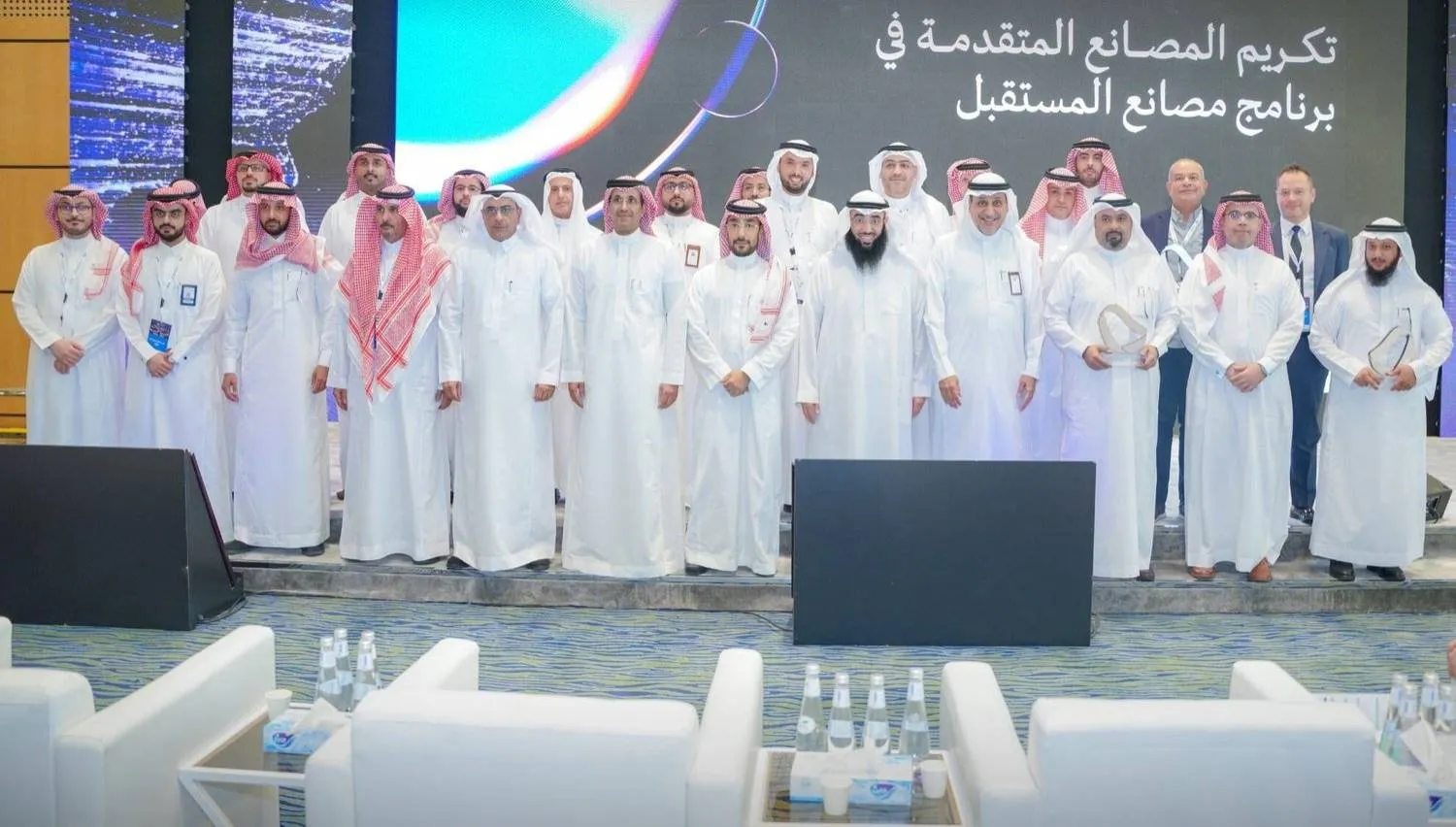Saudi factories are competing to exceed the assessment of the global Smart Industry Readiness Index (SIRI), focused on the transitioning to the Fourth Industrial Revolution, adopting automation, and improving manufacturing efficiency.
This drive aims to boost national industry competitiveness, improve quality, and generate high-quality employment prospects.
Saudi Arabia’s Industry Ministry had announced in March the launch of the second phase of the “Factories of the Future” program, aimed at transforming 4,000 factories into smart facilities. This entails moving away from reliance on low-skilled labor and low wages and transitioning towards automation and manufacturing efficiency.
The second phase targets the initial batch of factories within the program, comprising 217 facilities that have achieved an advanced level in the self-assessment according to the SIRI standard, with an average score of 2.4.
Saudi facilities have revealed diligent efforts to surpass the SIRI evaluation, recognizing that the foundation of digital transformation in factories enhances sector competitiveness and increases production efficiency.
Factory qualification occurs in three stages, according to Abdullah Al-Omari, President of the Chemical Industries Cooperative Association.
“The first stage involves defining and raising awareness about the importance of the Fourth Industrial Revolution through programs that serve as the initial step in the transformation journey,” he told Asharq Al-Awsat.
“The second phase of the transformation journey focuses on creating a roadmap for the Fourth Industrial Revolution’s industrial image,” he added.
“This includes raising awareness within the facility and providing training on programs related to the latest technologies,” said Al-Omari.
He emphasized that one of the outcomes of the assessment is improving the strengths of the factories.
The third phase, on the other hand, revolves around providing customized solutions for digital transformation and adopting and implementing the latest relevant initiatives.
Bassam Al-Naas, the Marketing Director at “Riyadh Cables,” emphasized that the Fourth Industrial Revolution serves as the foundation for transformation in policies and work methodologies.
According to Al-Naas, this transformation is achieved through the integration of advanced technologies and the transition towards competitive smart factories capable of efficient, reliable, and highly flexible production in response to changes in demand and supply chains.
Support for factories began with a decision issued in 2019, which stipulated that the state would pay the five-year mandatory fees for expatriates working in the industrial sector, noted Al-Naas.
“This measure aims to enable the industrial sector to enhance its competitiveness and find alternative solutions," he explained.
The objective of the SIRI evaluation is to encourage factories to adopt advanced manufacturing and production practices, affirmed Al-Naas.
Through these practices, it becomes possible to reduce the reliance on unskilled and costly labor by replacing them with modern technologies.









